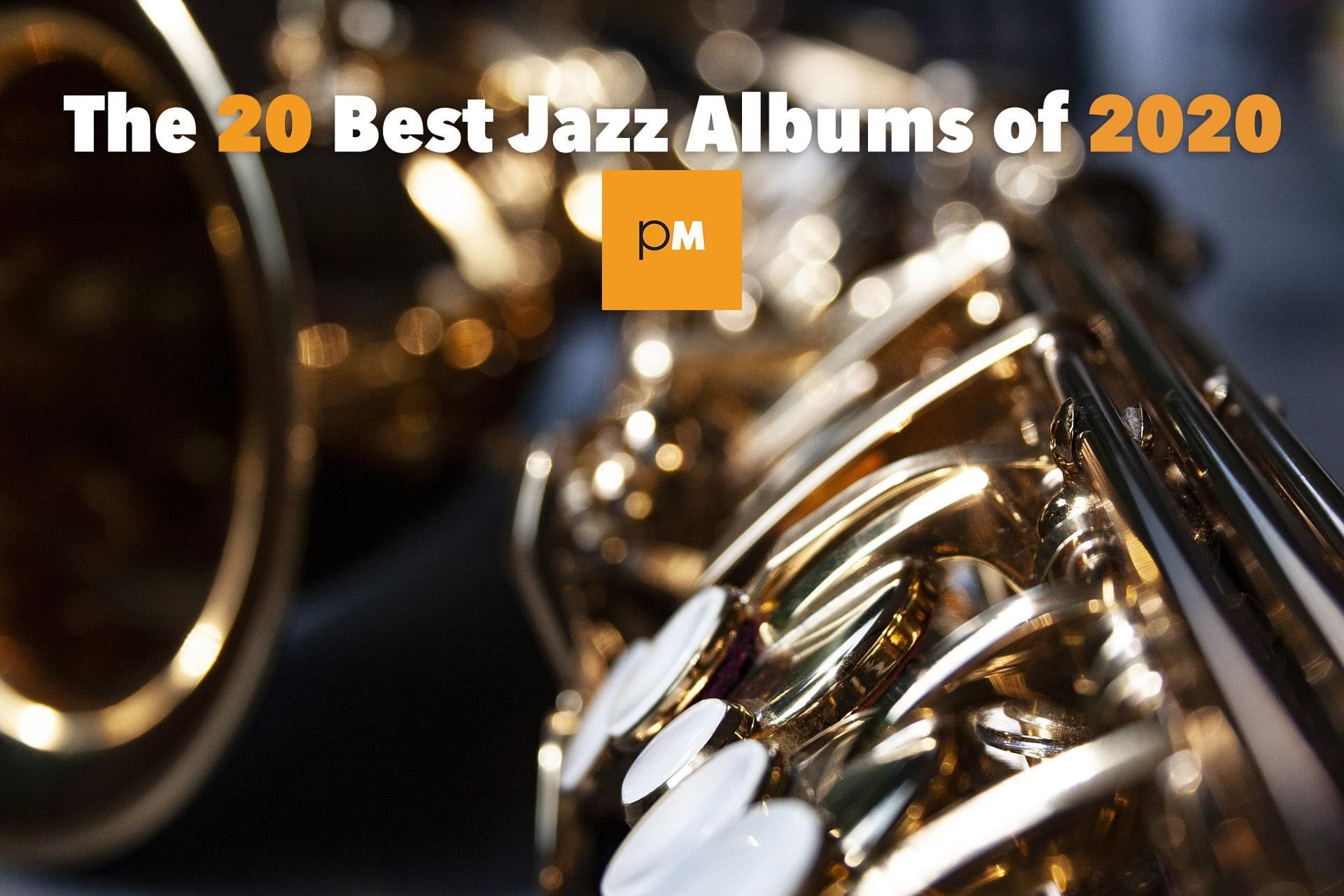TREND 2: There remains a strong strain of more mainstream jazz, but the musicians who play it don’t preach it as purism—it’s just one of the modes they can use to make great music.
Ambrose Akinmusire – on the tender spot of every calloused moment (Blue Note)

One of only two “major label” releases on this list, the trumpeter’s latest is a recording for his quartet alone, with two tracks momentarily spotlighting a pair of singers. There are certainly more mainstream jazz recording being made these days (for instance, just dive into the rich catalogs of Smoke Session Records or Positone—which aren’t represented on this list, but which are making strong records in the swinging jazz tradition), but tender spot showcases the “new mainstream” of a working band that can and does swing, that uses a touch of electronics, but only a touch, and that moves from mode to mode even within individual tunes, but the band does it all in the manner of a working jazz group that uses rhythmic interplay, fresh improvising, tonal variation, and instrumental virtuosity to generate dynamism. Akinmusire remains a stunning trumpeter who never abandons his blues roots for too long, and pianist Sam Harris has never sounded better than on this recording.
Steve Cardenas – Blue Has a Range (Sunnyside)

Guitarist Steve Cardenas plays with all kinds of folks in all kinds of styles but left to his own devices he just sounds like a classic, bell-toned jazz guitarist who is drunk on delicious harmony and always plays with consummate ears. But that might make him sound a little dull, and his latest—with pianist Jon Cowherd, bassist Ben Allison, and Brian Blade on drums—is witty and fun and playful in the extreme. Cardenas’s guitar is happy to add as much Scofield-esque dirt to its sounds as a tune deserves, and his songs contain spikes and pinches, Monk-ian humor as well as Mingus-esque rumble. This is the mainstream because there is swing, Latin, gorgeous ballad playing, and exquisite jazz conversation among players who aren’t trying to self-consciously break new ground. There is plenty of room for that when it is done this brilliantly.
James Carney Sextet – Pure Heart (Sunnyside)

Brooklyn-based James Carney has a profile that is not commensurate with his breathtaking but rare recordings. He is a master composer and arranger for mid-sized jazz groups, and his approach includes enough compositional complexity and rhythmic variation to make him part of the new jazz trend. Pure Heart makes his band just a bit smaller than that on his dazzling Greenwood (2007) and Ways and Means (2009), but he gives each player a bit more room to improvise, often in duets or collective group jams. Trumpeter Stephanie Richards, saxophonist Ravi Coltrane, and clarinetist Oscar Noriega take full advantage, creating beautiful sections of conversation that bridge structured and free playing. The main event with Carney, however, is always how he creates twisty-turny licks that become groove patterns, hiding odd-meters with the appeal of his grooves. And his piano parts are underrated: he often falls into riveting, rotating parts that relate to the styles of folks like Aaron Parks in the way they allude to Hancock or Tyner or other masters. Another classic Carney disc.
Dave Douglas – Dizzy Atmosphere (Greenleaf)

Trumpeter and composer Dave Douglas practically defines the “new mainstream” in that he spans styles and categories even as he tends to consistently present a trumpet voice that operates in a clarion post-bop area. How marvelous, then, to hear him present a young trumpeter in David Adewumi as his equal in this tribute to the greatest of modern jazz horn players. Douglas balances the program by using veteran drummer Joey Barron along with younger players: Fabian Almazan on piano, guitarist Matt Stevens, and bassist Carmen Rothwell. They interpret the Afro-Cuban “Manteca” and the rare “Pickin’ the Cabbage”, using contrapuntal rhythm on the former and a jump band puck on the latter. Seven Douglas originals are the heart of recording, however, and they are modern, daring journeys in some cases—but also warm. The band is given lots of room and lots of responsibility, and each member repays what Douglas asks of them.


![Call for Papers: All Things Reconsidered [MUSIC] May-August 2024](https://www.popmatters.com/wp-content/uploads/2024/04/all-things-reconsidered-call-music-may-2024-720x380.jpg)



